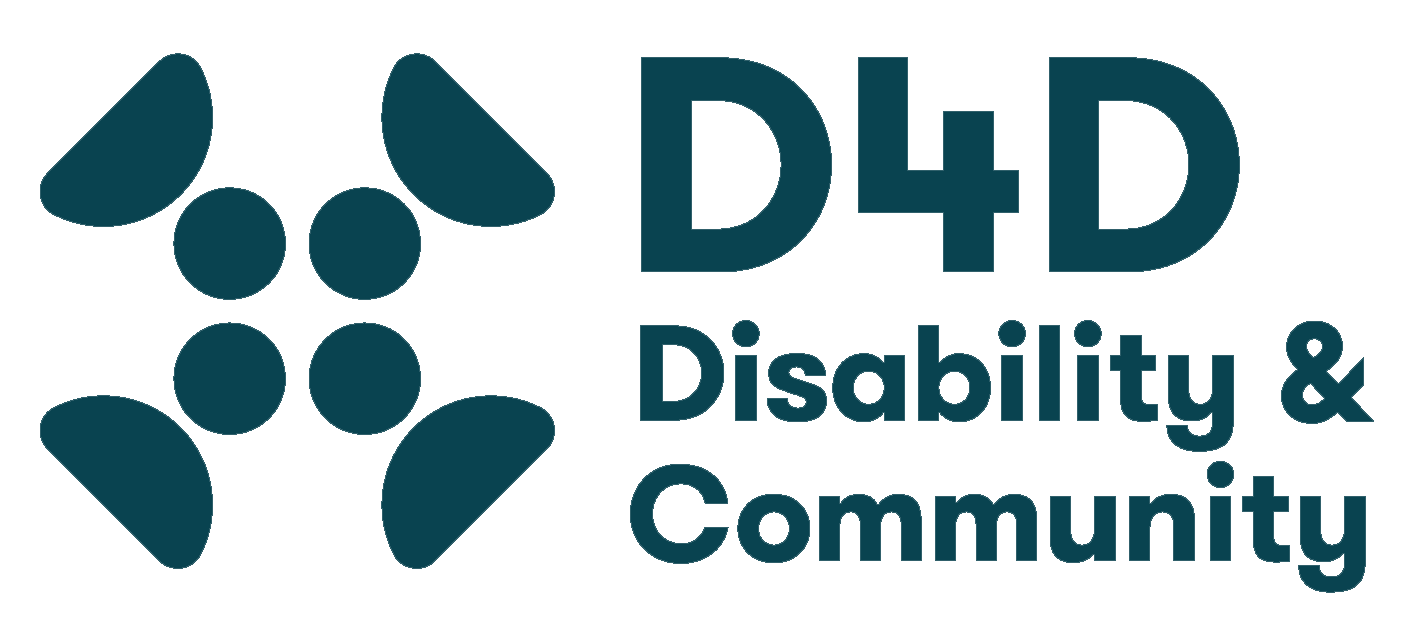
Photo by Slava Bowman on Unsplash
This workshop is a practical session for researchers and creative practitioners who want to gain a better understanding of how to ethically engage in research or creative practice that involves people from marginalised or so-called ‘minority’ groups and/or people from diverse ethnic backgrounds.
The session will be led by several researchers and creative practitioners based across various disciplines including education, filmmaking, creative writing and community psychology, who will make use of their practical research and artistic experience to give researchers practical guidance on how to deal with the ethical, political and creative implications of representation in their own work.
Aims and objectives of this session:
– Explore how researchers and creative practitioners can define their own positionality and become aware of potential bias in their approach.
– Develop strategies for dealing with unconscious biases, particularly when those biases could inadvertently be negatively directed towards the people who agree to take part in your research or whom you are representing in your creative practice.
– Learn about the privilege, particularly white privilege, you possess and steps you can take in aiming to reduce the impact of this within your research process.
– Gain a broader understanding of the power dynamics at work in the research context and how the researcher or creative practitioner can situate themselves within this context to reduce the negative impact of power differentials.
– Identify ways of conducting research or creative practice so that the interests and well-being of the people who take part or are being represented are paramount in this process through deciding how they want to be ‘protected’ and to be heard and, importantly, by whom.
– Discuss and critically examine important related ethical concepts such as cultural appropriation, privilege, vulnerability, exploitation and engagement as they are currently used and understood within a research context.
– Explore the researcher’s responsibility in relation to the people who take part in the research process or are being represented in creative practice, particularly when the person is or can potentially become vulnerable and/or is a person who identifies as a member of an under-represented group or community.
